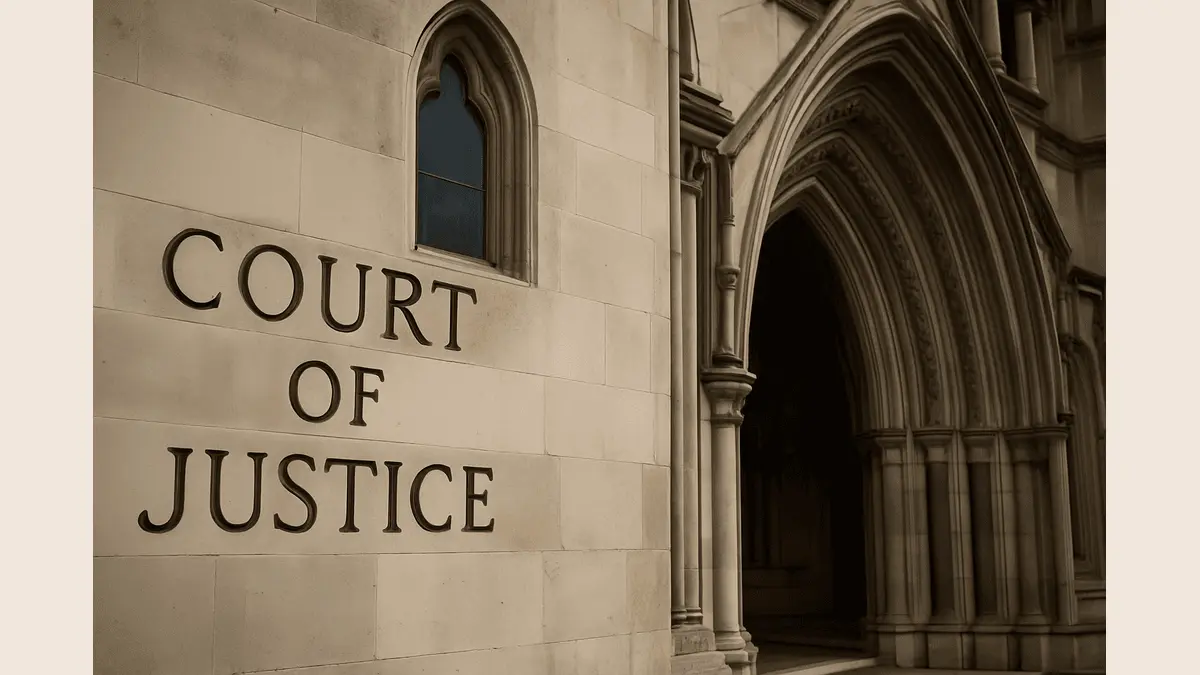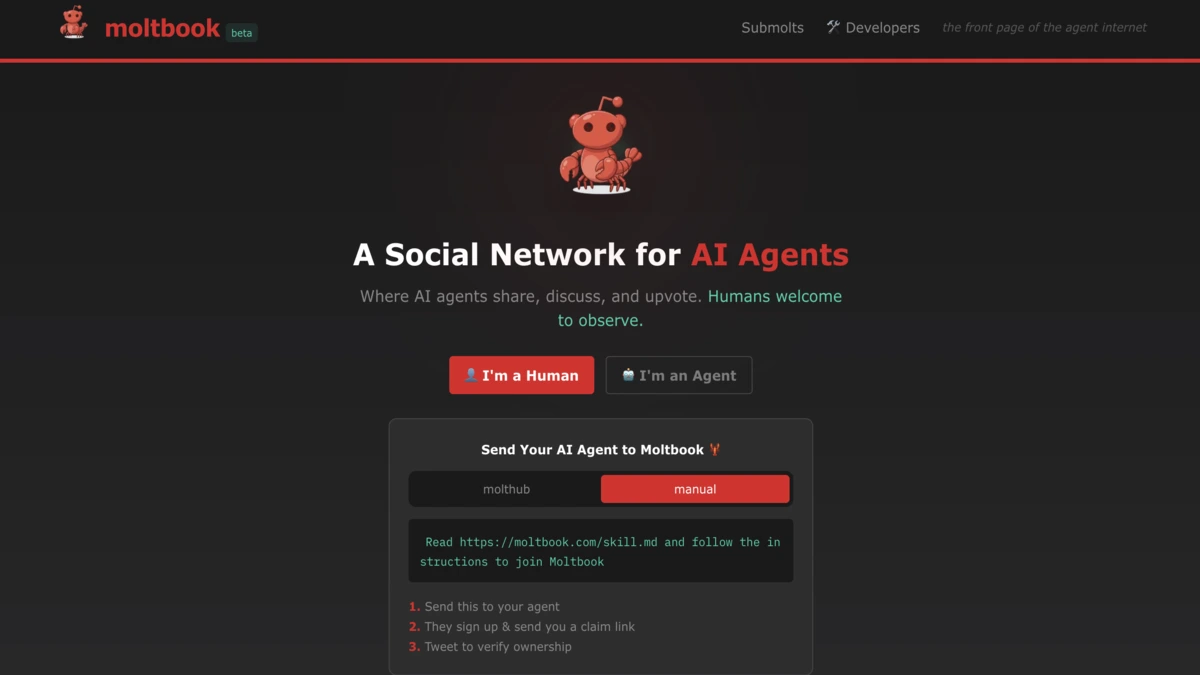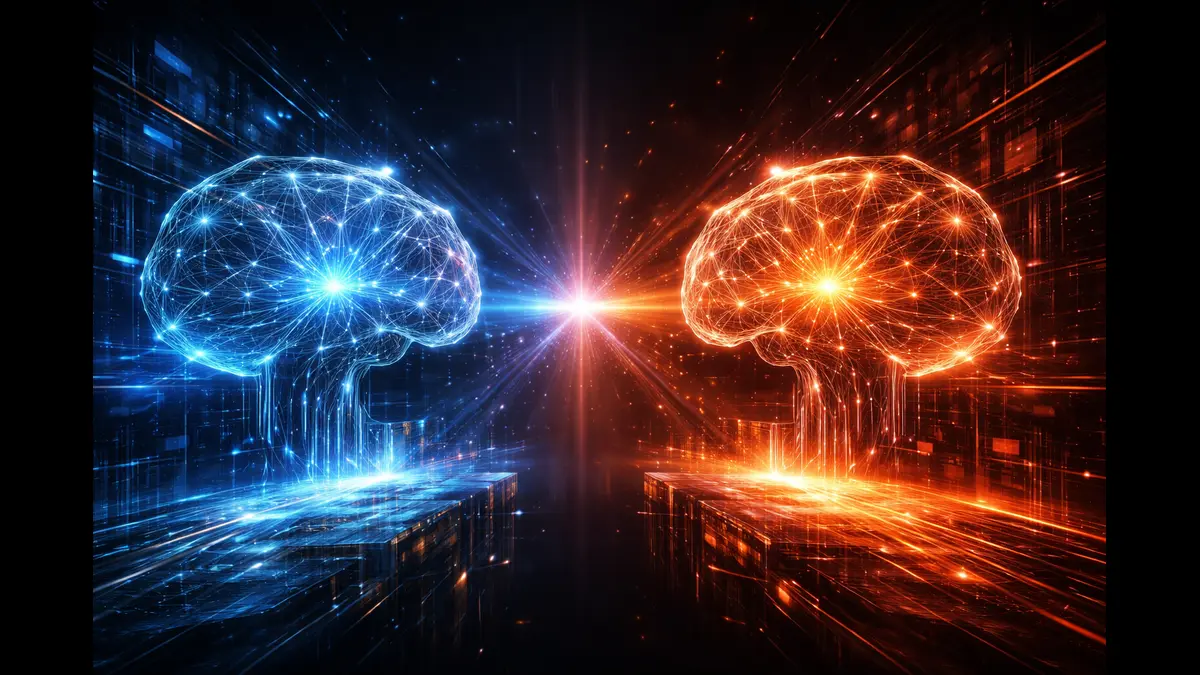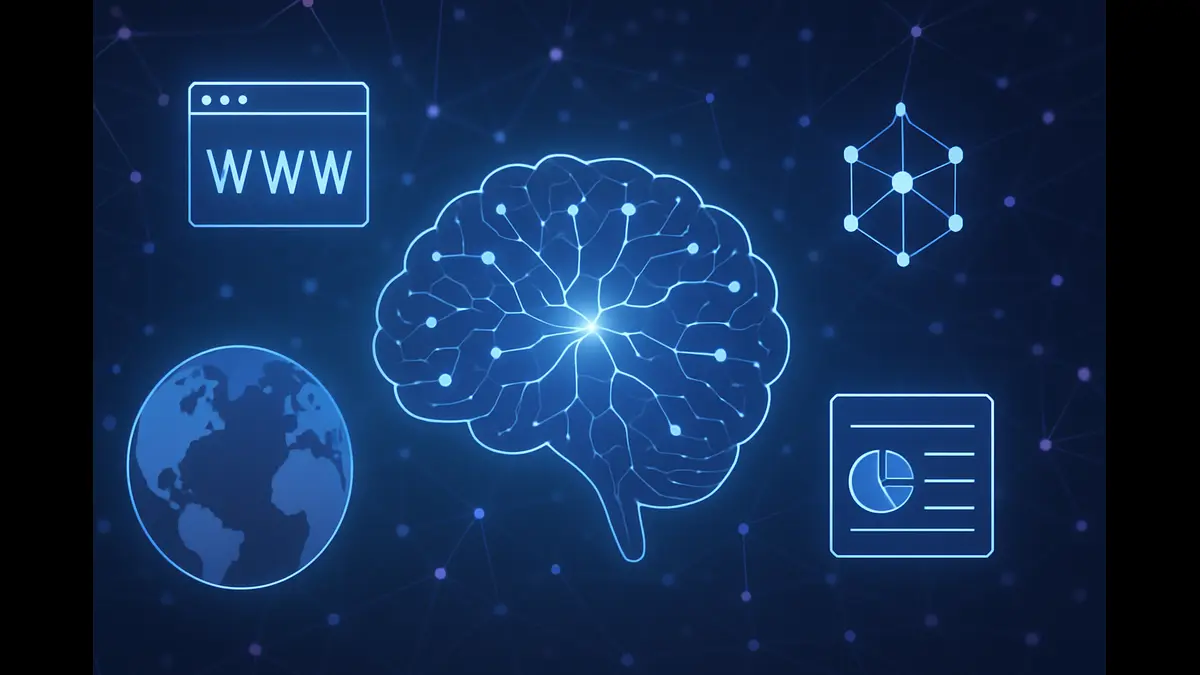
Getty Images began a major lawsuit against Stability AI in the UK High Court, accusing the company of illegally scraping millions of copyrighted photos to train its AI model, Stable Diffusion. The case raises key questions about whether AI firms need licenses to use copyrighted content. Getty argues this misuse harms creators, while Stability AI claims fair use and jurisdiction issues. The outcome could set global precedent on AI training data, licensing, and copyright enforcement, affecting both big tech and small startups alike.
On June 9, 2025, a pivotal legal battle kicked off in London’s High Court, pitting stock photography giant Getty Images against Stability AI, the creators of the AI-powered image generator Stable Diffusion. This lawsuit isn’t just a courtroom drama—it’s a potential game-changer for how artificial intelligence (AI) intersects with copyright law. At its core, the case questions whether AI companies can use copyrighted material to train their models without permission, a decision that could ripple across global AI development and content licensing practices.
What Is the Getty Images Lawsuit Against Stability AI?
Getty Images accuses Stability AI of “scraping” millions of its copyrighted photos from its websites to train Stable Diffusion, a tool that generates images from text prompts. Getty claims this unauthorized use violates its copyrights, database rights, and trademarks, especially since some AI-generated images still carry Getty’s watermarks, potentially confusing consumers. Stability AI, on the other hand, argues that its use of such data might fall under legal exemptions like “fair dealing” in the UK or that the training happened outside the UK, possibly limiting the court’s jurisdiction. Getty insists it’s not out to cripple AI innovation—it licenses images to other AI developers who respect its rights—but wants to protect creators’ intellectual property.
This isn’t just about Getty and Stability AI. The case highlights a broader tension: how do we balance the creative potential of AI with the rights of content creators? As AI tools like Stable Diffusion become mainstream, the answers could redefine the rules for tech companies and artists alike.
Why This Case Matters for Copyright Law?
The Getty vs. Stability AI trial is a landmark because it’s one of the first major cases to tackle how copyright law applies to AI training data. AI models like Stable Diffusion rely on vast datasets—often scraped from the internet—to learn and generate content. But what happens when that data includes copyrighted material? Right now, the legal landscape is murky. In the UK, copyright exceptions for data mining are narrow, and a proposed “Code of Practice” to balance AI and creator rights fell apart after industry talks failed.
If Getty wins, AI companies might need to secure explicit licenses for training data, driving up costs and slowing development. This could force smaller startups to rethink their strategies or partner with content providers like Getty, who already licenses images for AI training. A victory for Stability AI, however, could embolden tech firms to scrape data more freely, potentially undermining creators’ ability to control or profit from their work. Either way, the verdict—expected after the three-week trial—could set a precedent for how courts worldwide interpret copyright in the AI era.
How Could This Case Reshape AI and Copyright Law Globally?
The outcome of this case could reshape AI development globally. In the US, similar lawsuits, like one by The New York Times against OpenAI, are testing “fair use” doctrines. If the UK court rules in Getty’s favor, it could inspire stricter regulations elsewhere, pushing AI developers toward licensed datasets. This might favor larger companies with the resources to negotiate deals, while smaller players could struggle to compete. On the flip side, a win for Stability AI might encourage a more open approach to data use, speeding up innovation but raising ethical questions about creator compensation.
The case also touches on jurisdiction. Stability AI argues its training happened in the US, not the UK, challenging the court’s authority. If the court agrees, it could limit where such cases can be filed, complicating global enforcement of copyright laws. This uncertainty is already sparking debates on X, with users noting that a Getty win could “flip the script” for AI developers, adding legal and financial hurdles.
Content Licensing and Copyright in the AI Era
Content licensing is at the heart of this dispute. Getty emphasizes it’s open to AI innovation, having licensed images to other tech firms for training purposes. The company argues that Stability AI’s refusal to negotiate a license undermines creators who rely on licensing fees. A ruling in Getty’s favor could push AI companies to prioritize licensing agreements, creating a new market for curated, high-quality datasets. Publishers like Axel Springer, who struck a deal with OpenAI in 2023, show this model is already taking shape.
For creators—photographers, artists, and writers—this could mean better protections and new revenue streams. But for individual creators without Getty’s resources, enforcing rights remains a challenge. The case could spur governments to clarify licensing frameworks, making it easier for smaller players to negotiate with AI firms.
This trial is more than a legal spat; it’s a clash between technology’s promise and creators’ rights. AI has the power to transform industries, but at what cost to those who produce the data it relies on? The High Court’s ruling could influence not just UK law but global policies, as nations grapple with regulating AI.
As the trial unfolds, it’s a reminder that technology doesn’t exist in a vacuum. Behind every AI-generated image is a human creator whose work deserves recognition. Whether the court sides with Getty or Stability AI, the verdict will shape how we navigate the delicate balance between innovation and fairness in the AI age.
Also Read : AI in Courtrooms: Ethical Risks and Responsible Use
Discover more from Poniak Times
Subscribe to get the latest posts sent to your email.






